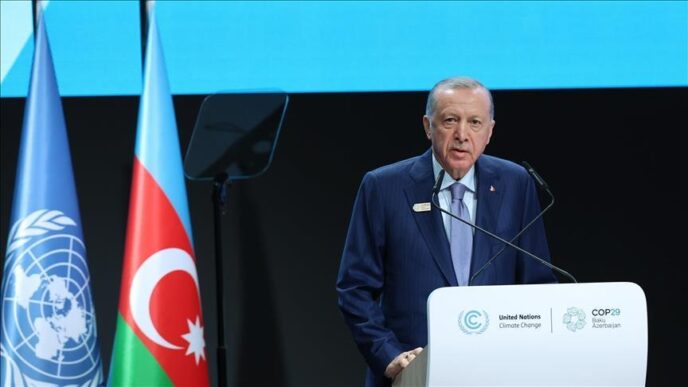The UK government has announced plans to significantly decrease protections for refugees as part of a revamp of the UK’s asylum system. These measures were revealed on Saturday as Prime Minister Keir Starmer faces increasing pressure regarding irregular migration amid rising support for far-right parties.
“I’ll end the UK’s golden ticket for asylum seekers,” Interior Minister Shabana Mahmood declared in a statement.
Currently, individuals granted refugee status hold that status for five years, after which they can seek indefinite leave to remain and, ultimately, citizenship. However, Mahmood’s ministry, the Home Office, has indicated it will shorten the duration of refugee status to 30 months.
This protection will be subject to “regular reviews,” and refugees will be required to return to their countries of origin once they are considered safe, it noted. Additionally, the ministry plans to require refugees granted asylum to wait 20 years before applying for long-term residency in the UK, up from the existing five-year period.
The Home Office referred to the proposed changes as the “most significant revision of asylum policy in recent history.”
It expressed that these reforms would draw inspiration not just from Denmark but also from other European nations, where refugee status is temporary, support is conditional, and integration is mandated.
Earlier this year, a group of senior officials from the Home Office travelled to Copenhagen to examine Denmark’s asylum measures, under which migrants receive only temporary residence permits, usually for 2 years, and must reapply once these permits expire.
If the Danish authorities determine that an asylum seeker’s home country is safe, they can be repatriated.
The pathway to citizenship has also been lengthened and complicated, with stricter regulations on family reunions.
The UK presently awards asylum to those able to demonstrate that they are unsafe in their home countries, providing refugee status to individuals considered at risk of persecution. This status lasts for five years, after which they may apply for permanent settlement if they fulfil specific criteria.
Starmer, who was elected last summer, is facing pressure to prevent migrants from crossing the English Channel in small boats from France, an issue that has also posed a challenge for his Conservative predecessors.

This year alone, more than 39,000 people, many escaping conflict, have made such perilous journeys—more than the total for 2024 but fewer than the record set in 2022.
These crossings are contributing to the growing popularity of Reform, led by the outspoken Nigel Farage, which has maintained a double-digit lead over Labour in opinion polls for much of this year.
Asylum applications in the UK have reached unprecedented levels, with approximately 111,000 applications recorded in the year leading up to June 2025, according to official data.
Over 100 British charities have written to Mahmood, urging her to “stop the scapegoating of migrants and harmful policies that only create more issues,” warning that such actions are inciting racism and violence.
Polls indicate that immigration has now surpassed the economy as the primary concern for voters.
In the year ending March 2025, 109,343 individuals sought asylum in the UK, marking a 17 per cent increase compared to the previous year and 6 per cent above the last peak of 103,081 in 2002.


 Trending
Trending 













